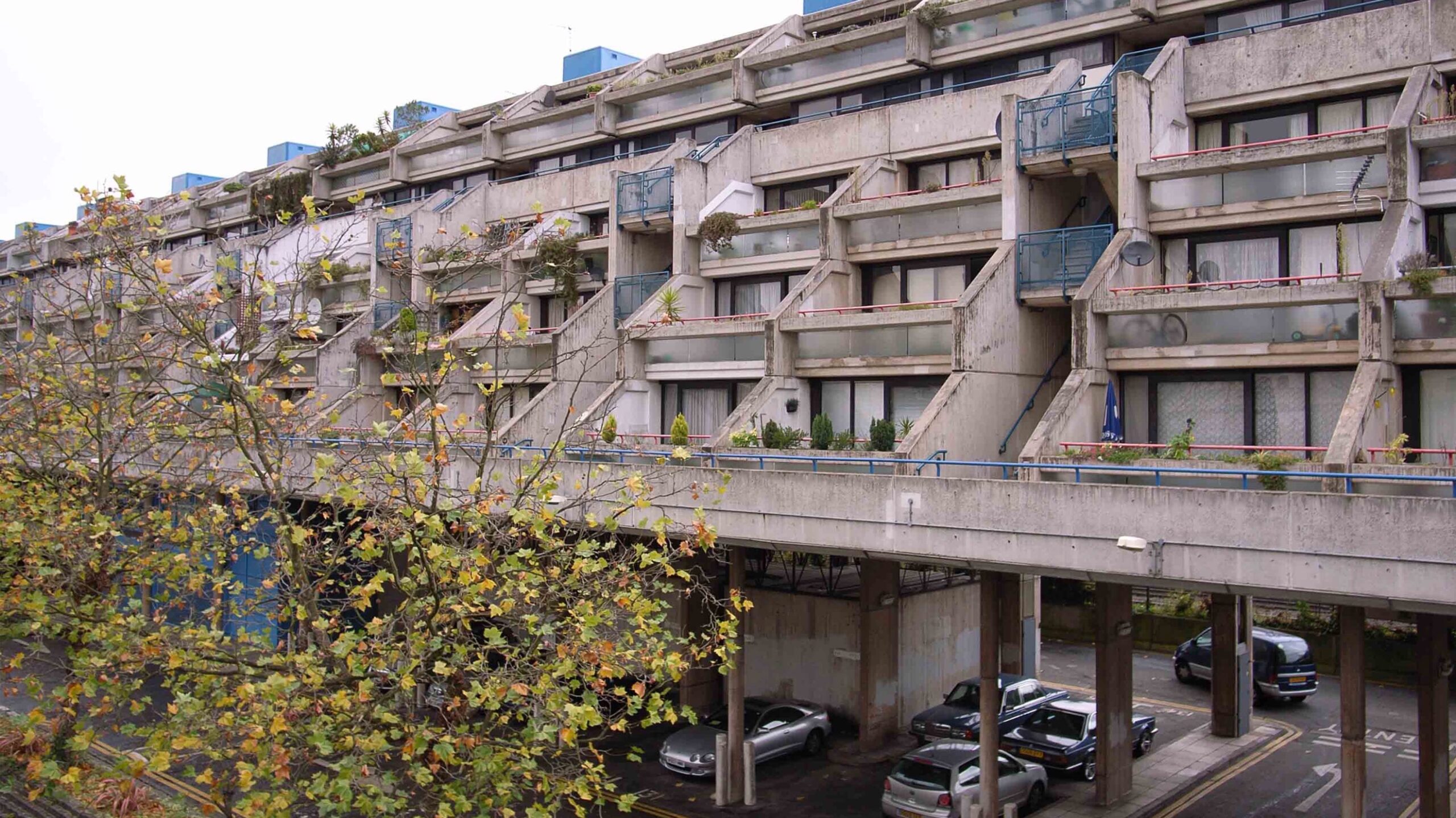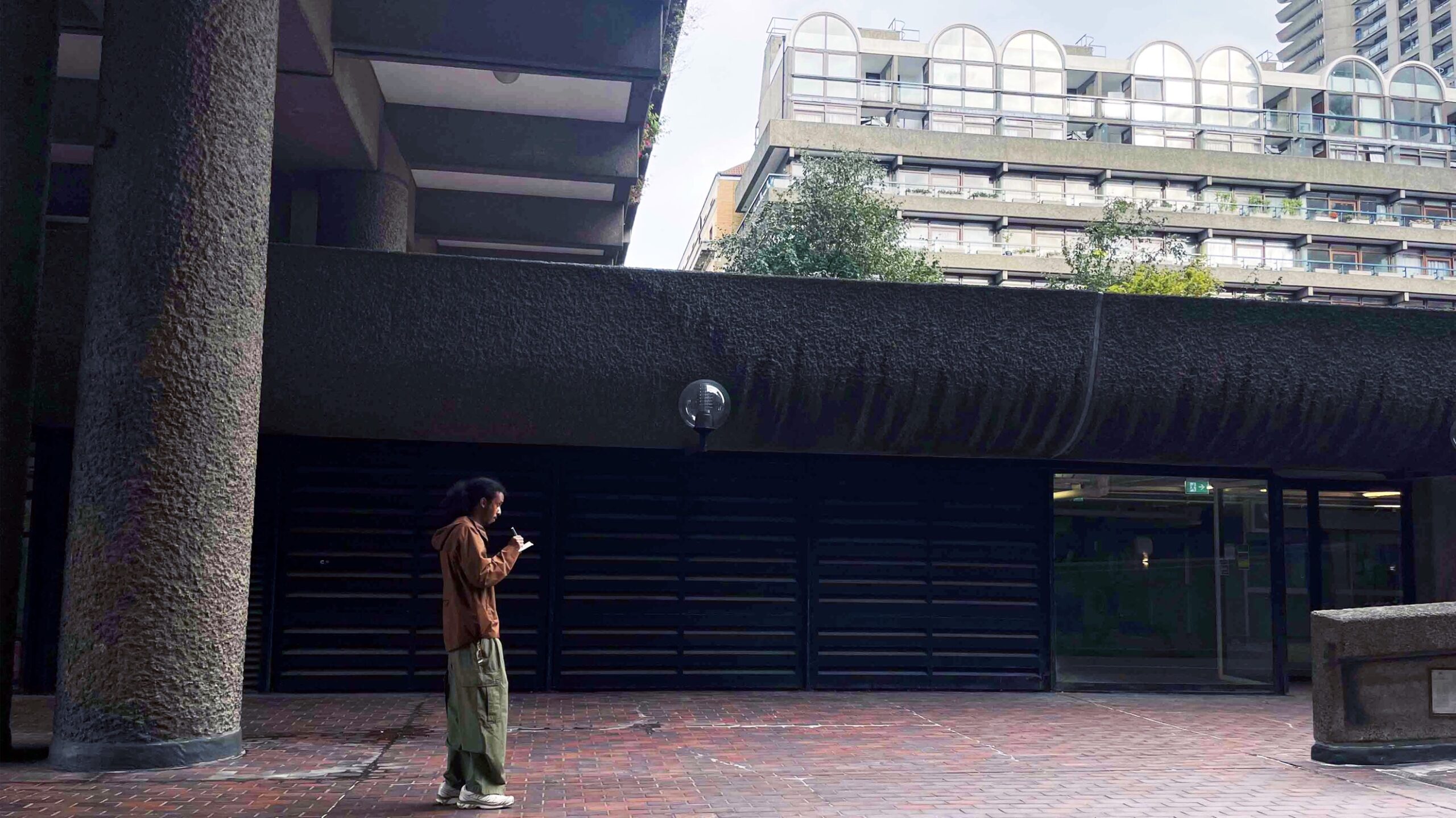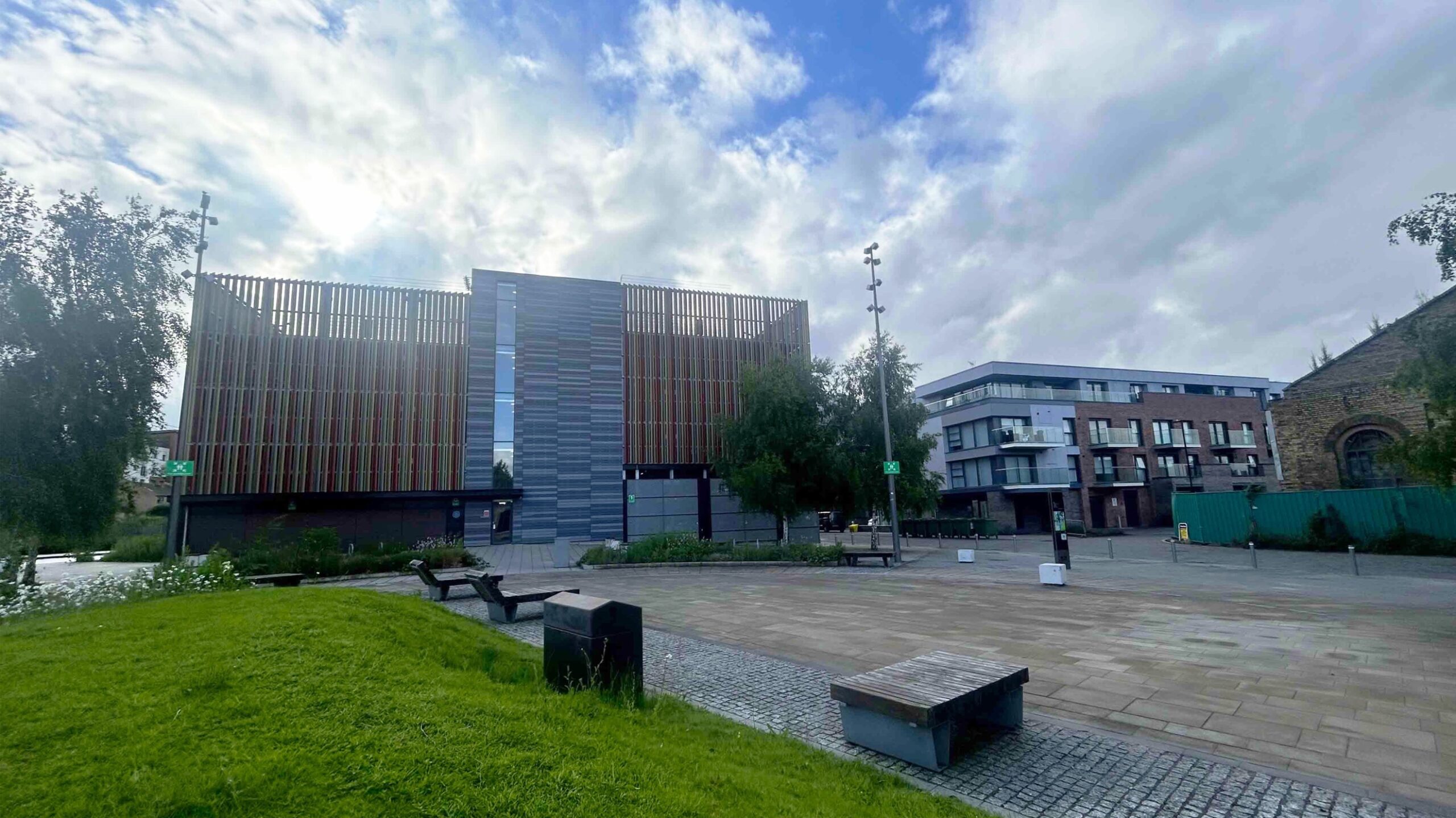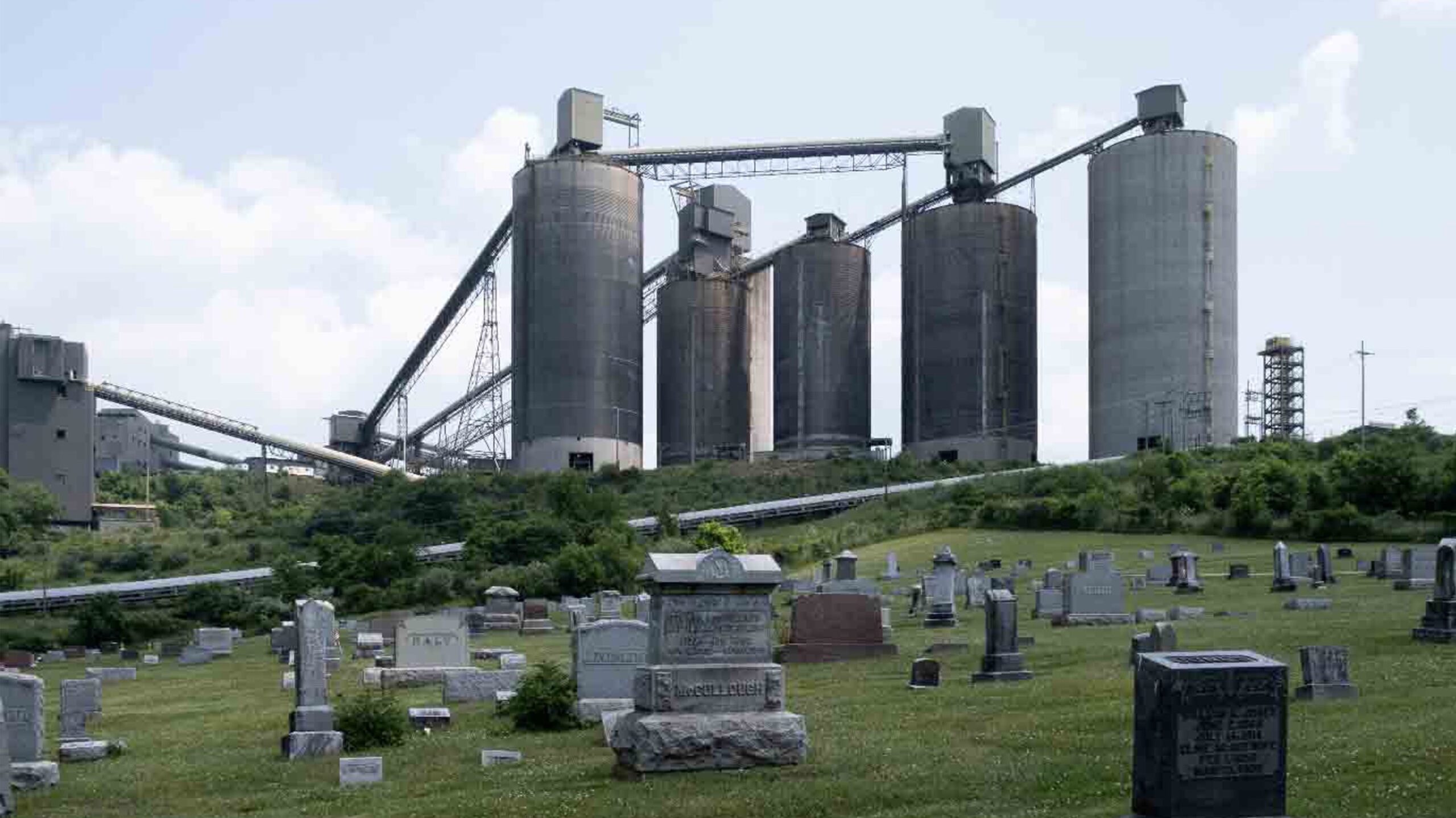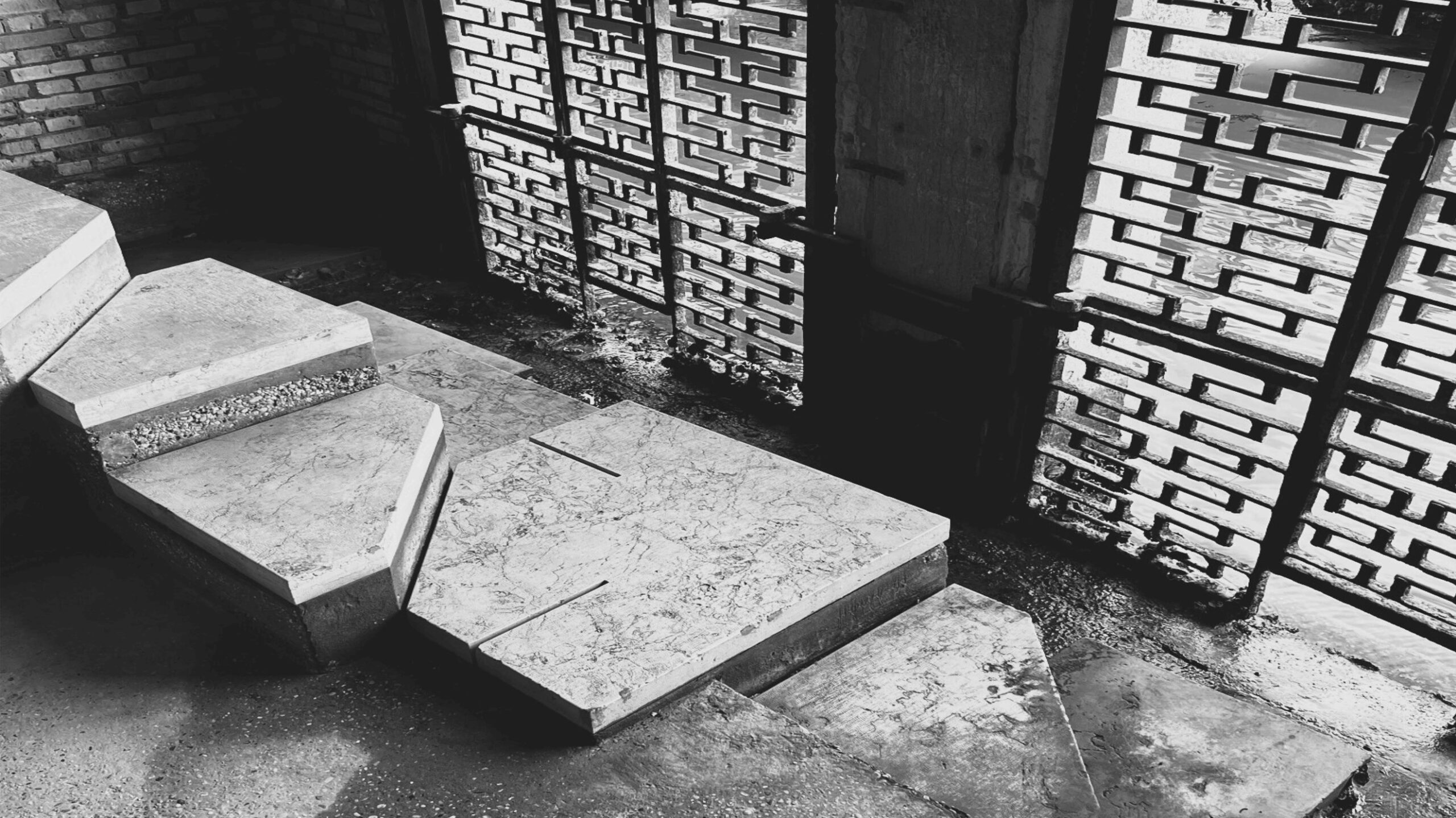BA Cultural Context Beyond Studio
Alessandro Toti (module leader CC1) is an architectural historian whose research examines the relationship between architecture & capitalism.
Diana Periton (module leader CC2) is an architectural historian and founding co-editor of the journal Architecture and Culture.
Ben Stringer (module leader CC3) teaches design and cultural context. His recent publications focus on ideas about the rural.
The BA Cultural Context programme enriches the studies of students taking BA Architecture, BA Interior Architecture and BSc Architecture and Environmental Design through annual modules: CC1 – A History of Architecture; CC2 – Architectural History and Urbanism; and CC3 – Dissertation.
This year, CC1 examined the history of architecture in light of its social and material background. From Stonehenge to Batavia, Baghdad to Pruitt Igoe, lectures addressed the spatial and historical legacy of a set of critical architectures providing students with simple methods to analyse buildings and spaces. Seminars were dedicated to discussing ideas of modern and contemporary historians including Manfredo Tafuri and Barnabus Calder, introducing students to different ways of investigating and presenting the history of architecture. Site visits focused on London’s housing, which led students to visit and discuss Medieval neighbourhoods, Georgian terraces and 20th-century council housing.
CC2 is structured to give consideration to the use of different research methods for the study of architectural and urban history. In seminars, on walks and in lectures, we discussed the possibilities of oral histories, interviews and archives; the role of philosophical and theoretical conceptualisation in socio-spatial issues; the making and reading of images; and more. eminar tutors and lecturers are practitioners and academics from different fields – architects, historians, film-makers, specialists in English literature – who between them introduce students to cross-disciplinary research in the built environment. The themes addressed through this year’s methodological approaches were connected through a focus on social housing, regeneration and gentrification, heritage and sustainability. Through their own case study presentations and essays, students explored both methods and themes.
In CC3, BA Architecture and Interior Architecture students are supported through weekly tutorials and seminars to choose, research and write about their own topics for their dissertation. The dissertation is an opportunity for students to begin shaping the trajectory of their own academic and professional careers. This year the topics chosen by students were as diverse as ever; among the many notable ones were: Maisie Paterson’s research into British wartime communal kitchens and the changes they inspired for women in domestic spheres, Declan Slonim’s critical study of hyper-real spatial reproductions, Maaria Khan’s investigation of Finnish everyday life in the Aaltos’ designs, Joud Banna’s study of how contemporary Jordanian design is learning from sustainable vernacular traditions, and Danielle Elefante’s analysis of the importance of a mundane corner in a car park in Peterborough.
CC1 Tutors: Susanne Bauer, Kirti Durelle, Mirna Pedalo, Diana Periton, Urna Sodnomjamts, Matthew Stewart, Alessandro Toti
CC2 Tutors: Susanne Bauer, Davide Deriu, François Girardin, Clare Hamman, Kate Jordan, Maja Jovic, Constance Lau, Gwyn Lloyd Jones, Luz Navarro, Akma Nazar Chekkinankandy Puthiyapurayil, Diana Periton, Aoi Phillips, Urna Sodnomjamts, Alessandro Toti
CC3 Tutors: Susanne Bauer, Davide Deriu, Ana Gatóo, François Girardin, Clare Hamman, Kate Jordan, Constance Lau, Gwyn Lloyd Jones, Diana Periton, Ben Stringer, Mireille Tchapi, Victoria Watson
Archive of Cultural Context works from previous years:










